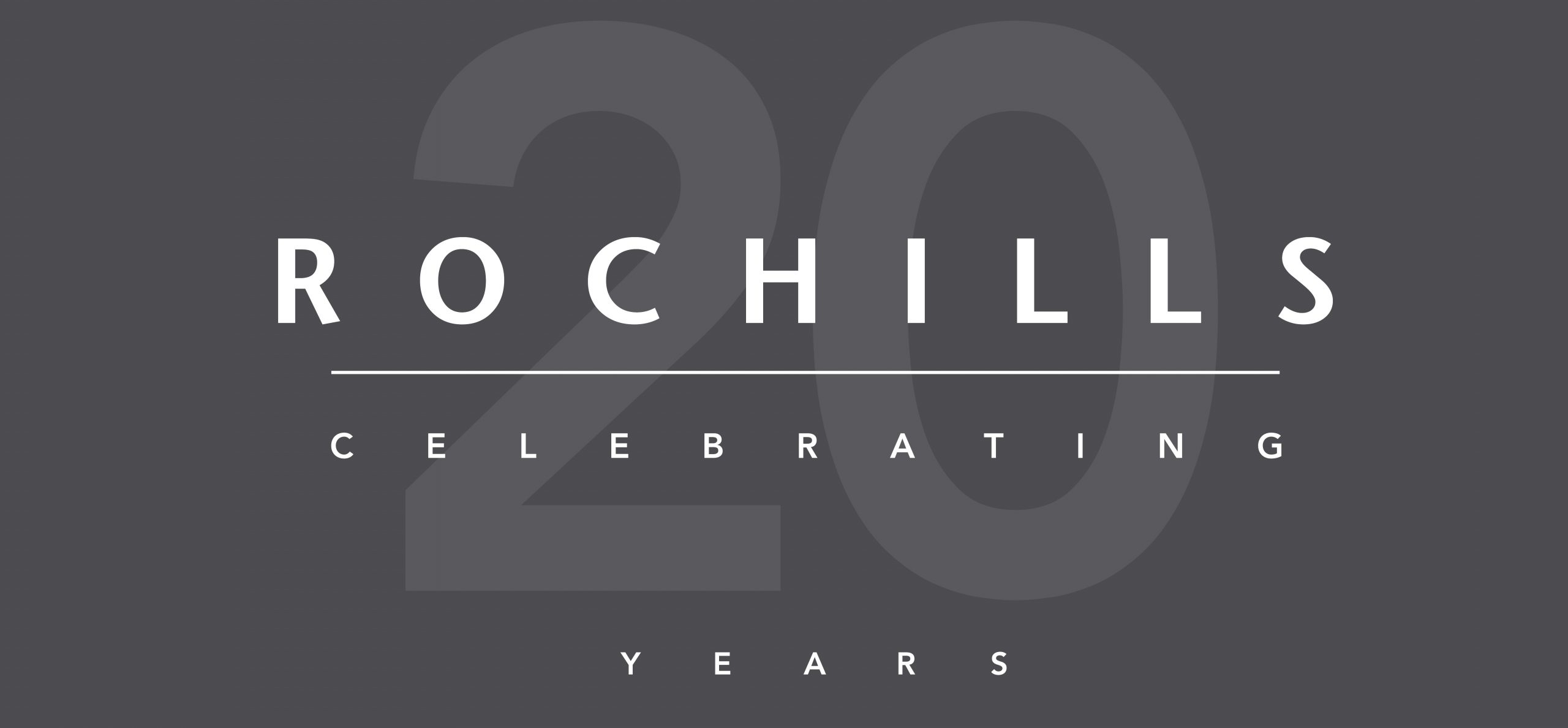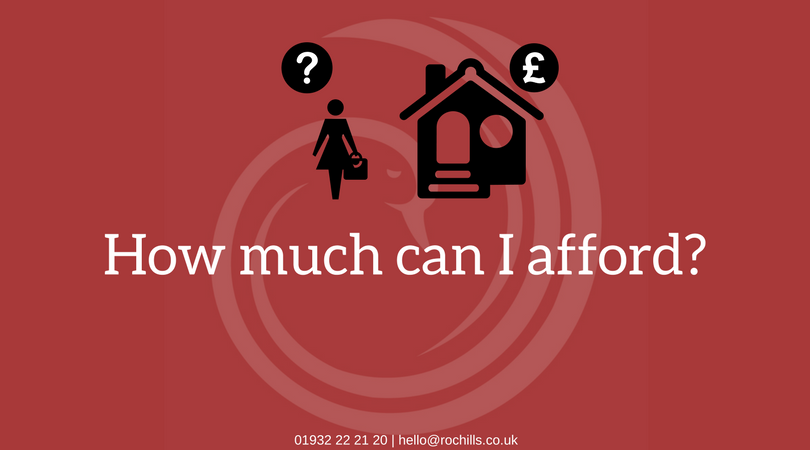You’ve decided to buy a home, and you believe that you can afford it. But before you even start looking at properties, you need to decide what price range you can afford. You probably want to buy as much house as possible, but obviously don’t want to end up overstretched – or repossessed. There are so many factors to consider, that many homeowners do their sums wrong, and accidentally end up out of their depth
When buying a property, most people naturally want to buy as much property as they can afford, given their income and deposit. However, you can severely regret overstretching yourself, leaving you with too little money to do any work to the house or to pay the monthly bills (let alone holidays). In the worst-case scenario, hundreds of thousands of people end up falling behind with their mortgages, and risk having their property repossessed.
How much you want to stretch yourself will depend on:
- How much you expect moving and building costs to be.
- What your standard of living and monthly outgoings are.
- How confident you are that you are secure in your job – and will get pay rises.
- What your expectations are in terms of house prices and mortgage rates – are they going up or down?
- Whether you are happy being “house poor”, with a big house but little disposable cash.
- What safety net you have in terms of money saved.
What is my overall budget?
You need to work out your overall budget – how much money you have at your disposal to pay for everything. This will also depend on the capital you have at your disposal, and how much you can borrow against the property as a mortgage.
The capital you have depends on:
- What savings you have.
- What support you get from your family (perhaps by them extending their mortgages).
- What capital you can raise from selling an existing home, or extending a mortgage on a property you are not selling.
- Any government support.
- What unsecured loans you have/raise, for example credit card debts. We strongly recommend against this.
From this total capital, you need to deduct any costs of buying, moving and building, as well as the savings safety-net you want to keep (you will need to have some savings after you move, in case of emergencies). This leaves you with the deposit that you feel you can afford to put down towards the cost of your home.
How much you can I borrow?
The size of your mortgage will depend on:
- Your savings/ deposit. There are an increasing number of 95% mortgages out there. Ideally, your deposit would be at least 10% of the value of the property (and often more), so the size of your deposit limits how much you can borrow.
- How much outstanding debt you have from other lenders.
- Your income. Some banks can lend up to five times salary, although these are maximum figures. Lenders all have slightly different ratios, taking into account joint incomes, bonuses etc.
- How stable your income is. If you are freelance, just set up a new business, or have unpredictable income, then mortgage lenders will usually only be prepared to offer you smaller mortgages.
If the lender declines a big enough mortgage?
Banks make money from lending, so they want to do it; if they aren’t lending to you, they have strong doubts about your ability to pay back the mortgage. These doubts may not be well founded, but if various mortgage lenders are refusing to give you the size of mortgage you want, it is a good indication you are over-stretching yourself, and should scale down your aspirations. It is certainly not in your interest to have your home repossessed.
How much will the total cost of buying my home be?
To work out how much you can afford you will have to work out:
- The total purchase cost. On top of the house price, you will have to pay for stamp duty, conveyancing, surveying, mortgage fees etc.
- Don’t forget the estate agent fees you have to pay if you are selling your existing home.
- The cost of moving. This isn’t just the moving van, but new bed, fridge etc. On average, home movers spend £5000 on new goods. You need to factor this in if you are not keen to sleep on the floor until you have saved up for a bed.
- The cost of building works needed, if any.
How much can I afford?
You should have worked out how much capital you have to play with and how much you can borrow from a mortgage lender (both being your total homebuying budget) – and to state the obvious, that needs to cover the total cost of buying your home. If not, scale back your ambitions – or save/find some more money. But being able to afford to buy your new home is only the first step – to avoid repossession or mounting debts, you need to be able to afford to live in and maintain the property.
Will I be able to afford to pay my mortgage and other household bills?
Once you have decided the approximate size of the mortgage you are going for, you should find out what the monthly costs would be, which will depend on the type of mortgage.
- Is the monthly mortgage a payment you can comfortably afford? A good rule of thumb is that no more than 35% of post-tax income should go on mortgage payments.
- Will the mortgage be more or less than your current rent? If it you are struggling to pay your rent, and the mortgage is more – you might want to reconsider.
- Bear in mind any bills such as council tax, water or insurance that you are currently not paying.
- What happens if interest rates go up? You need to prepare for different economic scenarios. If you can’t afford an increase in rates, you need to get a fixed rate mortgage, which usually increases your monthly mortgage repayments.
- What happens if you lose your job, have a fall in income because you have children and go on maternity leave? If you are family planning, you can’t plan on the basis of your current child-free income.
- Can you cover maintenance costs of a property? So many new homeowners struggle to pay the surprisingly large wear and repair costs that go with owning a property.
For more advice or information call us on 01932 22 21 20 or visit our Walton on Thames Property community group on Facebook or subscribe to our YouTube channel for more tips like this.




